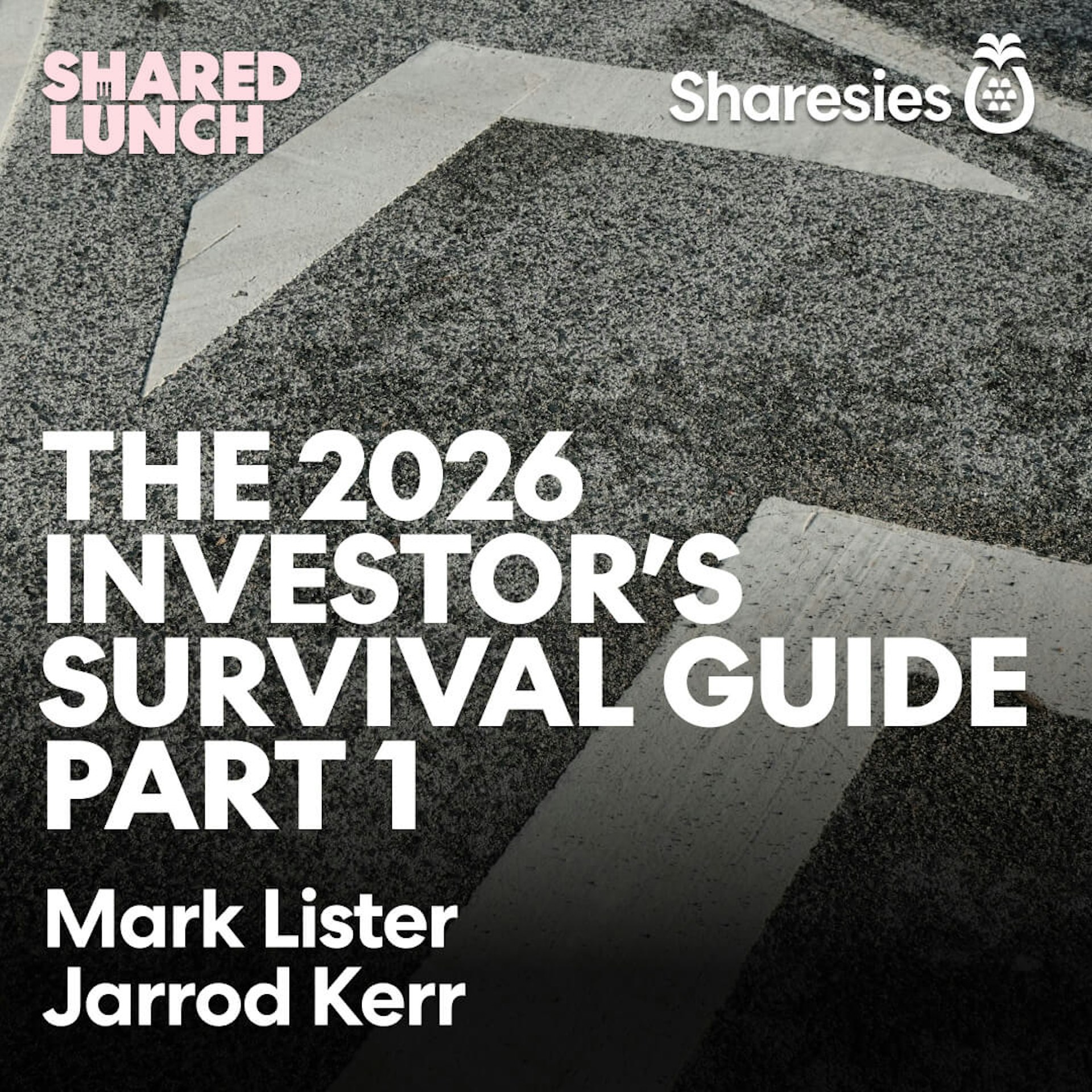What are interest rates and why should I care?
We’ve written before about the official cash rate (OCR) dropping. One of its main effects is that the interest rates you, companies, and essentially everyone pays when they borrow money also drop—along with the amount of interest you get when you deposit your money in a bank account.

But what does this mean? Is it good, bad, or somewhere in the middle? Let’s take a look.
First, some definitions
Let’s start with some basic definitions. Interest rates are connected to debt. When you borrow money, you pay an interest rate to whoever lent it to you. The same goes for bank deposits, but in reverse. That’s because depositing money in your bank account is actually you lending money to the bank!
A low-interest rate world
Now, take a look at these two graphs. First, here’s the average interest rate for a one-year term deposit over the past ten years:
Now, here’s the average rate you’d pay for a home loan with its interest rate fixed for a year—again, over the last 10 years.
You can see a clear trend, and it’s not upwards! Interest rates have been falling for a decade now.
So what does this mean?
Encouraging investment
Lower interest rates make it harder to make low-risk returns by putting your money in the bank. If you had $10,000, you could have put it in a term deposit in 2009 and made just under $800 a year! Now, you’ll get around $250 or so. That’s a huge difference.
This low-interest environment forces people to make a choice:
They can put their money in the bank, and accept their lower returns
They can just spend their money
They can invest their money in things that may give a higher return than the interest rate they could get from the bank—things like shares.
The same goes for people who have debt, like home loans. If you have a home loan with a low-interest rate, there’s less incentive to pay it off quickly. This is primarily because of two reasons; the debt isn’t growing that fast, and you might be able to get better returns elsewhere.
Where the money flows
All of these small-scale decisions add up around the entire economy. When people earn less from their bank deposits, they have more of a reason to invest in things like shares. This gives companies access to more capital, which in turn gives them the ability to grow faster, hire more people, and generally expand their businesses.
On the other hand, you have people who choose not to invest their money, but instead spend it. Someone might buy a fizzy drink when they would have had water. A homeowner might do some renovations that they were going to do in the next few years. You might go out to lunch rather than pack a lunch.
All of this directs money back into businesses, who can use it to grow, or just enjoy higher profits. But, of course, they’re not going to make much of a return if they put those profits in the bank. So they invest or spend, just like their customers did, and the whole cycle starts up again.
(But remember, the Reserve Bank isn’t afraid to put on the brakes if the party gets too out of control. They’re all about keeping things relatively stable.)
Not great for the elderly
But there’s no such thing as a free lunch in investing. These same low-interest rates can cause problems for people.
The first big group is people who need to live off their savings, like retirees. Higher interest rates are really useful for these people because they can stick their money in a term deposit and live off the returns. The higher the interest rate, the less they have to dip into their principal each year.
Lower interest rates mean they have to:
Live off less money
Dip into more of their principal each year
Invest some of their savings into higher-risk things like shares
This can be really tricky for some people! Investing isn’t as easy as living off low-risk interest rates from a term deposit.
Also not so great for first home buyers
First home buyers are another group who can feel a bit of a sting from low-interest rates, because low-interest rates can push up house prices. After all, houses are so expensive that people almost always borrow money in order to buy a home.
Low-interest rates mean people can borrow more than they could have otherwise borrowed, because the repayments are lower.
Let’s say you need to borrow $500,000 to buy a house. In 2009, when interest rates were 6% or so, a 30-year loan at that rate would set you back just under $700 a week in repayments. Now, with interest rates at 4% or so, your $500k mortgage is only going to cost you around $550 a week.
But if you can afford $700 a week you might just bid more for your dream house. Now you can borrow up to $600,000, and pay the same amount per week you would have paid for a $500k loan in 2009.
And remember that everyone out there looking for a house is making the same calculations. So if everyone is bidding more for the same houses, house prices are going to go up.
This isn’t so bad if you already own a house—your second house may cost more than your first house, but your first house gained a lot of value anyway, so it’s a bit of a wash. But if you don’t already own a house, it’s very hard to keep up because you need to save for a deposit! A 20% deposit on a $500,000 house is $100,000, which is pretty steep already. The same percentage of a $600,000 house is $120,000, which is (needless to say) quite a lot more.
So what does it all mean?
Low-interest rates, like everything, have pros and cons. On the pro side, they encourage investment and growth, which is great for anyone who invests in shares or owns a business. On the con side, they increase house prices, and make it harder to find predictable, low-risk returns.
But as investors, these are things we can’t change. What we can do is adjust our own behaviour to make the most of the world we’re in. We know that houses are hard to buy, but a well-diversified portfolio of shares is not—for one, you don’t need a house deposit to buy shares!
So take this information on board, and think about what it means for your investment goals. Then create a strategy and put it to work!
Ok, now for the legal bit
Investing involves risk. You might lose the money you start with. If you require financial advice, you should consider speaking with a qualified financial adviser, or seek independent legal, taxation, or other advice when considering whether an investment is appropriate for you. Past performance is not a guarantee of future performance. This content is brought to you by Sharesies Limited (NZ) in New Zealand and Sharesies Australia Limited (ABN 94 648 811 830; AFSL 529893) in Australia. It is not financial advice. Information provided is general only and current at the time it’s provided, and does not take into account your objectives, financial situation, and needs. We do not provide recommendations. You should always read the product disclosure documents available from the product issuer before making a financial decision. Our disclosure documents and terms and conditions—including a Target Market Determination and IDPS Guide for Sharesies Australian customers—can be found on our relevant NZ or Australian website.
Join over 930,000 people





